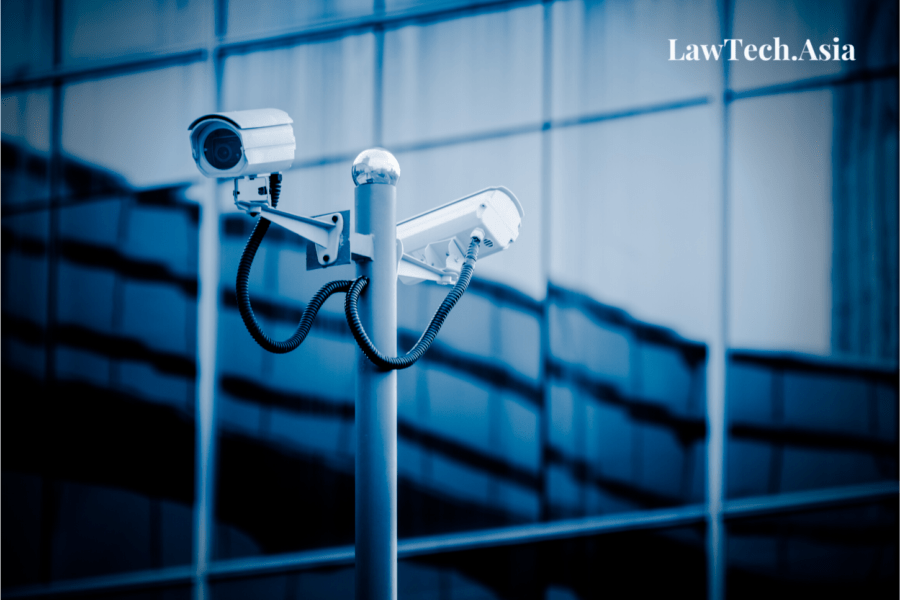Reading time: 14 minutesWritten by Lim Hong Wen, Amelia | Edited by Josh Lee Kok Thong
We’re all law and tech scholars now, says every law and tech sceptic. That is only half-right. Law and technology is about law, but it is also about technology. This is not obvious in many so-called law and technology pieces which tend to focus exclusively on the law. No doubt this draws on what Judge Easterbrook famously said about three decades ago, to paraphrase: “lawyers will never fully understand tech so we might as well not try”.
In open defiance of this narrative, LawTech.Asia is proud to announce a collaboration with the Singapore Management University Yong Pung How School of Law’s LAW4032 Law and Technology class. This collaborative special series is a collection featuring selected essays from students of the class. Ranging across a broad range of technology law and policy topics, the collaboration is aimed at encouraging law students to think about where the law is and what it should be vis-a-vis technology.
This piece, written by Lim Hong Wen, Amelia, seeks to analyse three key concerns that may arise from the use of digital surveillance, in particular, the issue of privacy, harassment, and algorithmic bias. This paper then examine how the four modalities expounded by Lawrence Lessig will come into play in regulating the use of digital surveillance (i.e. the law, architecture, social norms, and the market). Part II first explores the developments in the use of digital surveillance by the state, employers, and individuals. Digital surveillance has since transformed over the years and current laws may be insufficient in protecting individuals against certain unwanted forms of digital surveillance. Part III of this paper identified the inadequacies of current laws to address the key concerns identified earlier (i.e. privacy, harassment, and algorithmic bias). Given the lack of legal recourse available, Part IV then analyzed how the use or misuse of digital surveillance can be regulated by the remaining three modalities (i.e. the architecture, social norms, and the market).
Read More




